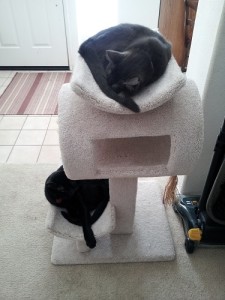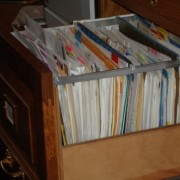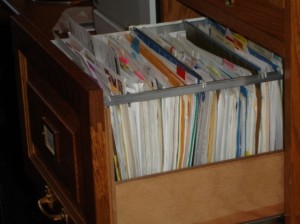While dealing with the STUFF of LIFE, we could use a helping hand with clearing the mental clutter swirling in our minds or the physical stuff that stops us from going after what we really want.
When a helping hand is not an option, an inspirational reminder can lift us over the obstacles created by clutter.
To help you declutter, we use the word STUFF as an apronym.
Huh?
The only difference between an apronym and an acronym is that in the former, each letter actually spells a word. I admit, I recently learned this, myself.
S.T.U.F.F.
When you find STUFF getting in the way, it’s because you haven’t Started yet.
START
Once you decide to START, define an area of clutter, and then do something about it.
Your one action will make it easier to keep going. A little progress is better than no progress and means one less thing you need to add to your growing To Do list for tomorrow.
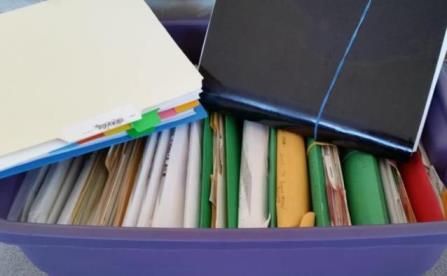 After five consecutive Sundays of going through old paperwork for two to three hours each time, my husband and I took a break this past weekend. We’ll return to reducing the clutter of old tax records, next Sunday.
After five consecutive Sundays of going through old paperwork for two to three hours each time, my husband and I took a break this past weekend. We’ll return to reducing the clutter of old tax records, next Sunday.
It’s harder to Start than it is to continue. So get started with even one small step.
TRUST
When you hit that wall of resistance, you’ll need to TRUST the process and yourself.
As you build trust in the process, you’ll gain self-confidence.
I made progress in spurts over the years. The older I get, the more I realize that I need to devote the time and effort to getting this done.
I trust that the process will take time and it’s a bit easier sharing the misery while going through old tax files and statements with my husband. During five consecutive weekends, we reduced our records by eight inches. That’s a lot of shredded paper!
UNDERSTAND
Progress helps give us strength to UNDERSTAND the nature of how STUFF accumulates. This is why it’s important to go through the process of decluttering in order to learn the important lessons, which will help us prevent clutter from accumulating.
For lasting results, we can’t expect to get rid of years of stuff in one weekend.
We understand that the small steps we have taken each weekend means we’ll be finished decluttering our old tax records before the end of this month. YAAAAY. This encourages us to define another area of clutter in order to continue the process.
To avoid a future of toxic clutter, we understand now the importance of scheduling regular intervals to manage our records. Drinking wine helps make the process easier. 🙂
FOCUS
In our information-overload world, it’s hard to keep FOCUS. Watching television becomes a major obstacle for many of us. When in a decisive moment, my hubby decided he was ready to let it go, I cancelled our service.
I didn’t realize all the mindless thoughts filling my brain until we stopped watching TV.
WOW, is Geraldo’s ego really THAT big? His almost rivals Trump’s on Celebrity Apprentice! How much gold do we really need on Gold Rush? Look at all that pristine Alaskan wilderness being torn up just for gold dust! Is Hillary going to run? What’s the deal with Kim Kardashian’s butt?
In the scheme of life, what substance do any of these thoughts add to the contributions I choose to make in our world?
Nothing. They prevent me from focusing on what matters and that is to get my life in order. FOCUSED effort on decluttering one area at a time will free my mind of distraction so that I may help you from a place of focused strength, rather than scattered weakness.
FINISH
Finally, understand that this is an organic process–things come in, they turn into piles, and then they need to go out in order to keep life from becoming toxic.
If you manage your clutter, your progress—cleared space on your desk, space in your file drawers and storage bins, will bring you a feeling of lightness and freedom from not being tied down by too much stuff.
What are you waiting for?
Start decluttering your stuff. Trust in the process. Understand how clutter accumulates. Focus on one area at a time and you will Finish.
For more information, click to read Start (again).
While Eric and I are happy to give you a helping hand…
You must first define YOUR clutter.
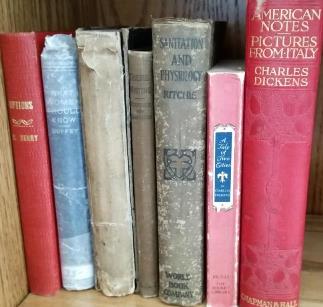
What you define as clutter, I may enjoy as a walk back into time—such as reading a book or letters from the late 1800s.
While you think I should delete all my older emails, I may value following-up with an old acquaintance not forgotten. 😉
If you haven’t yet, pick up a copy to read STUFFology 101 first and then send us an email for HELP@stuffology101.com. Today, our virtual communications allow us to help you almost anywhere!

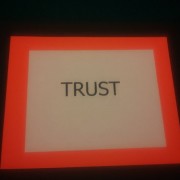
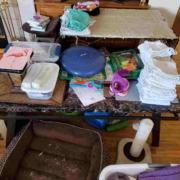

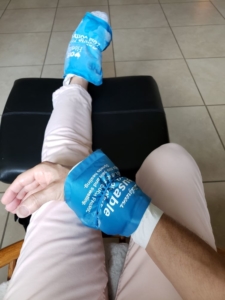
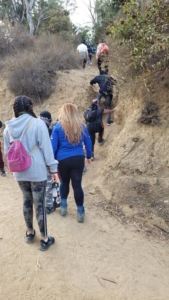
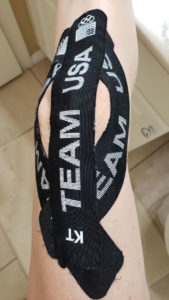
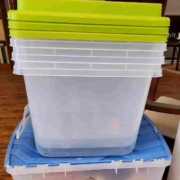
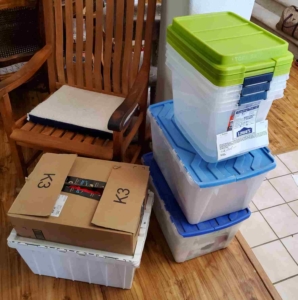
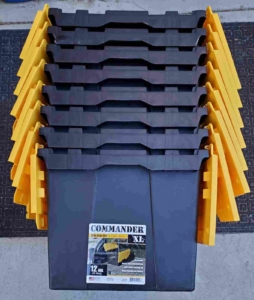
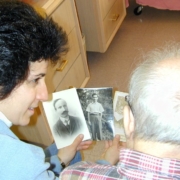
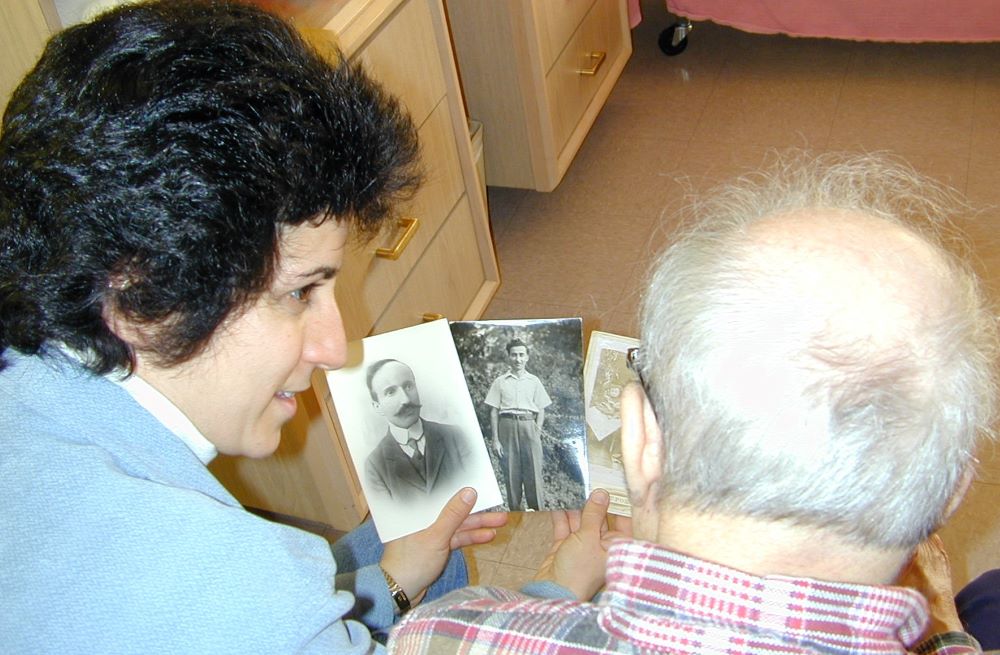
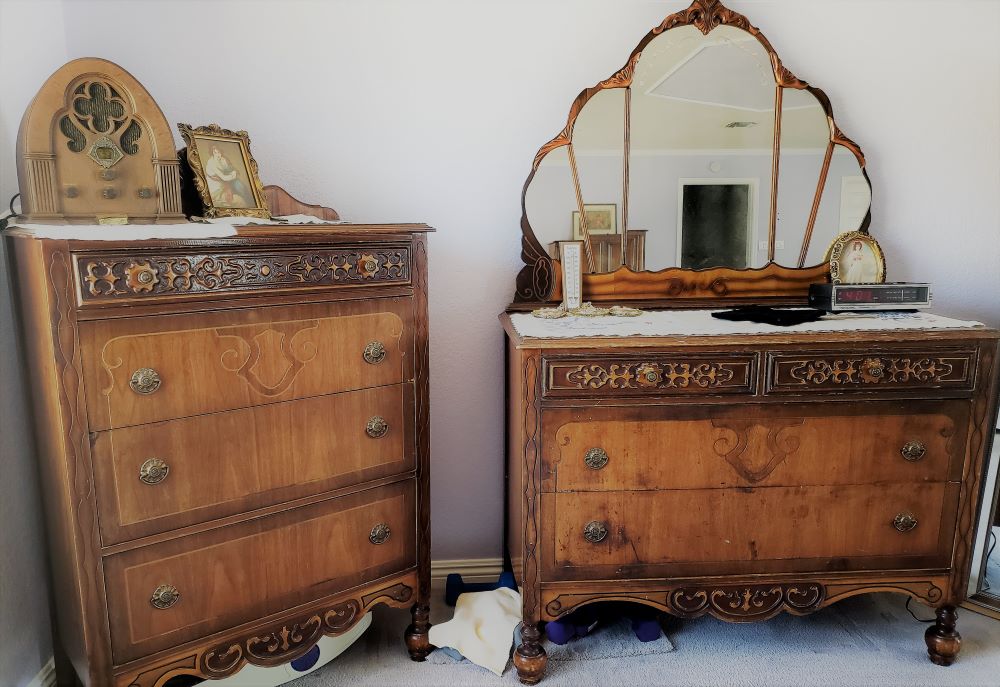
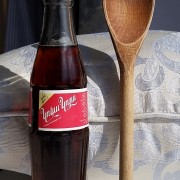
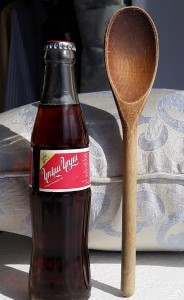 While in Armenia, I brought home a bottle of Coke with Armenian lettering.
While in Armenia, I brought home a bottle of Coke with Armenian lettering.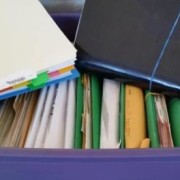
 After five consecutive Sundays of going through old paperwork for two to three hours each time, my husband and I took a break this past weekend. We’ll return to reducing the clutter of old tax records, next Sunday.
After five consecutive Sundays of going through old paperwork for two to three hours each time, my husband and I took a break this past weekend. We’ll return to reducing the clutter of old tax records, next Sunday.




